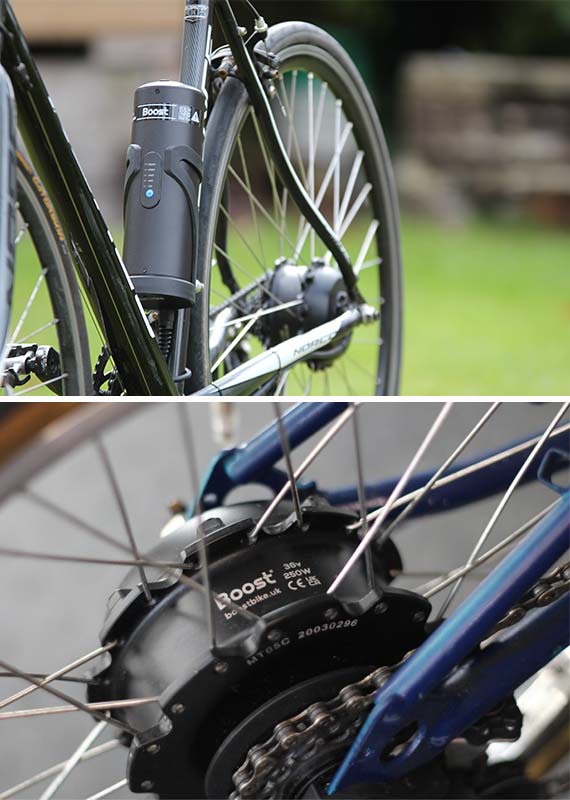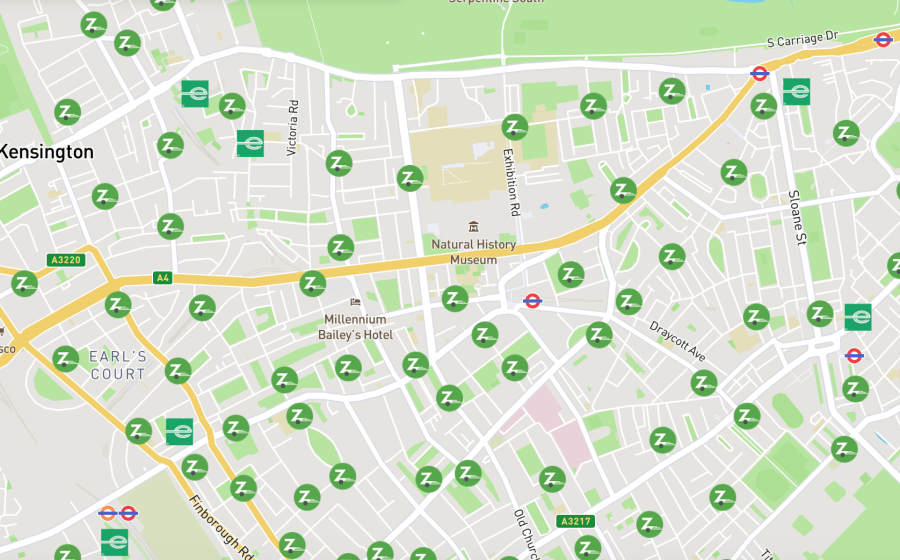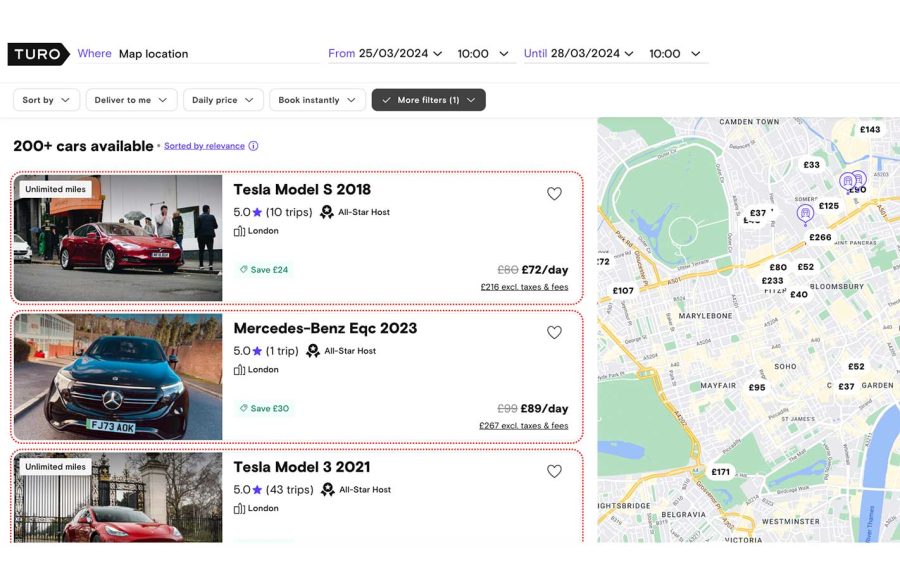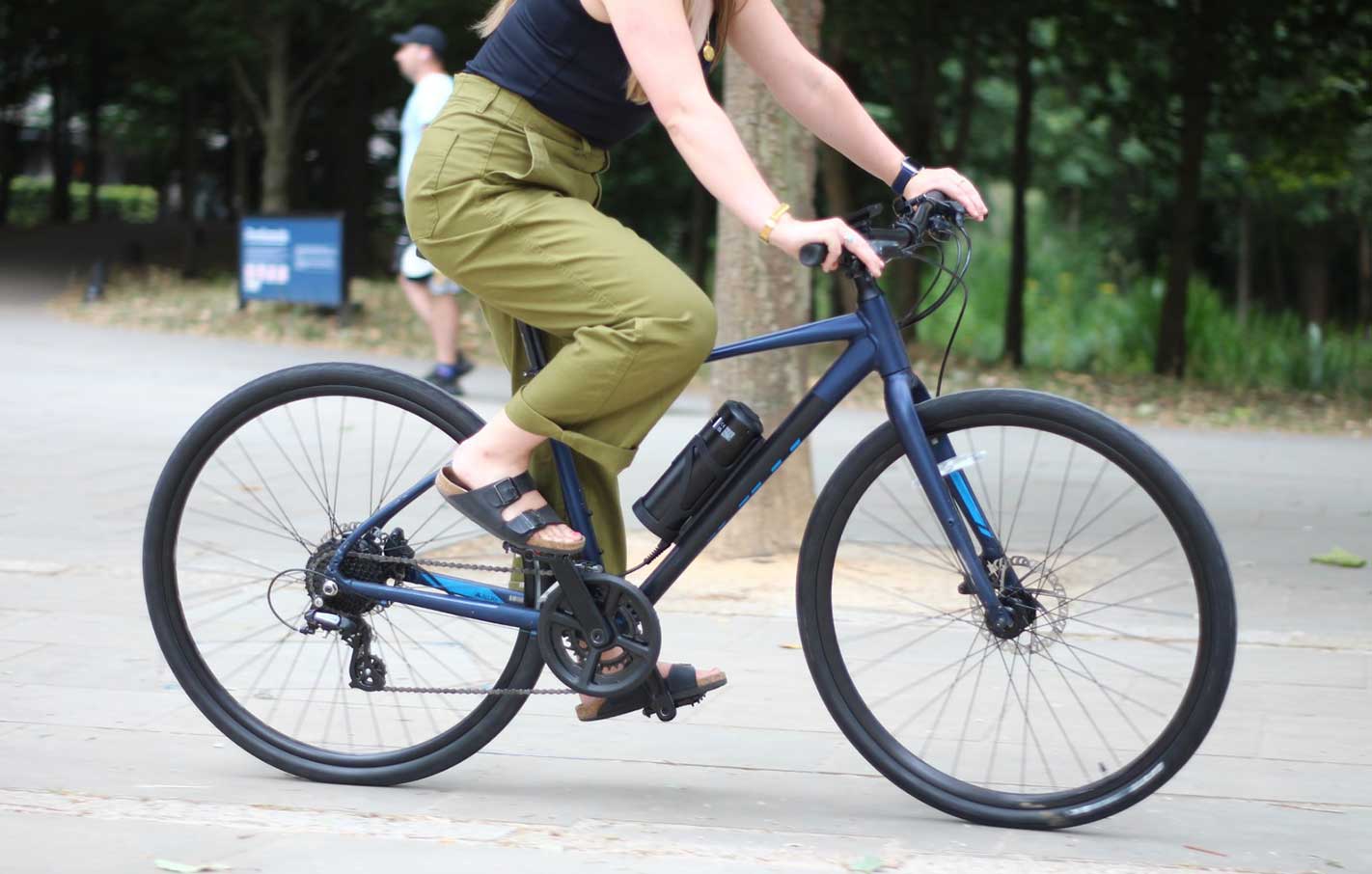Car-free Living
It was just a very expensive bin. That realisation was what tipped Henrietta over into agreeing with her husband that they could try living car free: “It sat outside our house in West London, losing value with every week that went past. It cost us a fortune in road tax, parking fees, insurance and maintenance. And it was basically just a dump of the family’s detritus.”
The average new car in the UK costs around £40,000 – and around 1.9 million are registered every year. Despite that £76 billion a year outlay, the typical car is driven for just one hour a day – the other 23 it sits there, silently costing money. Cars also cost around £3,000 to 4,000 a year to run (excluding depreciation) – money you could spend on other transport options. “I love that we can spend as much as we like on Ubers, ordinary mini cabs, Zipcars, rental car delivery services and of course trains – and still not spend as much as we did on the car,” says Henrietta. “My husband and I are also keen cyclists, and we love a Lime Bike, too.”
So what are your options?

Emobility
There are lots of options for getting around London by electric bikes or scooters, including cargo bikes if you have heavier loads.
If you already own a bike, consider upgrading it to electric – all the research shows that people with electric bikes use them more and ride them further. You can change your existing bike to an electric one with a bike conversion kit such as Boost. At around £650, it’s hundreds or even thousands of pounds cheaper than buying a new electric bike.
You should also consider hiring bikes or scooters the hour. There are the original Santander bikes some of which are now electric, plus the all-electric fleets of companies like Lime, Human Forest, and Tier.
You use an app to find a bike, and then you can park them anywhere it’s allowed – increasingly councils are insisting on dedicated spots (not always successfully …) but they are generally easy to find. Costs depend on your plan but are typically around 20p a minute – often much less if you buy a pass for a set amount of time.
For cargo bikes, you’ll need a local provider but there are several dotted around London, such as London Green Cycles (NW London, £40 a day) and Beryl (Hackney and Westminster, 10p a minute).
Car clubs
Giving up your car needn’t mean going car free. There’s a network of car clubs across London, which let you hire the car by the day or hour – there are around 3,500 cars parked on the streets, waiting to be hired by an app.
Brands operating in London include Zipcar, Enterprise Car Club and Hiyacar. Originally you had to return the car to where you picked it up, and you paid for the whole time. A small (but increasing) minority of vehicles are on a one-way or flex model where you can go to where you need to, park somewhere legal and only pay for that time. There are usually restrictions on which bits of London flex schemes operate.

Zipcars and Enterprise car locations around Kensington and Knightsbridge
The cost for a Zipcar, for instance, on a returns basis is from £9 an hour (or £90 a day) on their basic plan. The more expensive plus plan is £6/£60 with a fee of £15 a month (but which gives you £15 a month credit, which does not roll over). You also pay £0.29 for each additional mile over 60, and more comprehensive insurance costs extra too (as will the fees if you’re judged a high-risk driver).
Peer to peer car hire
These are like airbnb but for cars – you’re essentially hiring from another private individual. Brands include Hiyacar and Turo. Both have more cars in south and East London than North and West.
Hiyacar, for instance, has a free regular plan (up to 200 miles a day) and a £6.99 subscriber plan (up to 500 miles a day plus £6.99 credits a month). You have to pay insurance on top of the price of the car hire (from £4 an hour) for each trip – the price of that depends on your age, driving history etc. You’ll also get to see previous drivers’ reviews of cars so you get a better sense of what you’re going to be driving. (And yes, Hiyacar offers both peer to peer and its own cars, hence it’s in both sections).

You can search Turo by price, location, car type – and even look for hosts who will bring the car to you.
“…It does take some organisation as it’s annoying when your nearest club car has already been booked. And expect to feel strangely bereft and sort of vulnerable at first. But it does work out cheaper and I’ll never go back to owning a car – I feel all clean and green.” Henrietta
So what’s it like?
Henrietta found the initial change a shock: “To begin with it was an emotional wrench to have lost our chariot. It was something I saw as our ticket to getting out of London when we desperately needed to, and to pick up children from school when it was pouring with rain. But now I feel free – no longer weighed down by the car admin and no longer worrying that it might breakdown on the M1. Plus it turns out the kids can actually use umbrellas.”
Her tip is to get to know the platforms and nearby usable cars before you make the decision. Her husband also made a spreadsheet of the current costs of ownership vs the estimated costs of the car clubs. They included two weeks of longer car hire a year for trips at Christmas and to visit parents (the couple used Virtuo as you can book the cars online and they are delivered and picked up from your home).

